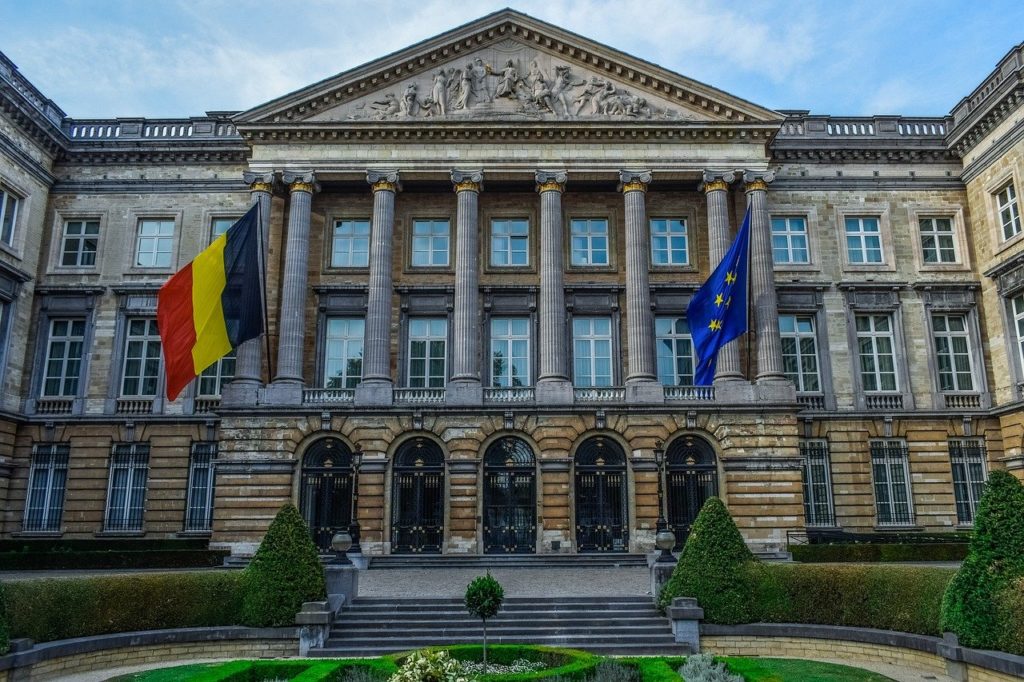The so-called ‘pandemic law’ which the government wants to pass in preparation for a future health emergency, contains not enough protections for privacy, according to the federal institute for the protection and promotion of human rights (FIRM).
The pandemic law is the government’s response to a growing tide of expert opinion which argues that the measures taken to combat the spread of Covid-19 – measures like a travel ban, a curfew and limits on how many people may gather together in public or in private – are either unconstitutional, in breach of human rights or both.
The Council of State has already rejected a case claiming the curfew was unconstitutional, although the definitive opinion on such a matter would be the province of the Constitutional Court.
And faced with the growing wave of opinion from legal and political sides, the government is working on a new law which would cover such situations in the future.
However according to FIRM, the version of the planned law – currently being prepared under the authority of federal home affairs minister Annelies Dedonder (CD&V) with a helping hand from health minister Frank Vandenbroucke (sp.a) – that has been proposed contains too few protections of proportionality – is the measure proposed really necessary? – and transparency.
At the same time, the law places too much responsibility in the hands of a single minister – the home affairs minister, in this case – and could have a tendency to reinforce existing inequalities.
The FIRM makes the point that the crisis is not only a health emergency, but also an emergency of human rights. While the argument from the protection of public health is strong, the measures at the same time involve restrictions on the freedom of movement, encroaches on the right to privacy and even involve breaches of the five freedoms enshrined in the Belgian constitution – most notably freedom of religion, or free association and in some sense freedom of education.
Those remarks aside, FIRM finds the creation of a law to cover such eventualities to be a good thing, compared to the present ad hoc situation where each measure taken is covered by a civic protection law that was never intended for the purpose.
At least a pandemic law will allow the possibility for scrutiny by parliament, the institute says – the nation’s primary democratic institution, which for the time being has been all but completely sidelined.
“The text of the preliminary draft also contains important human rights safeguards: the term 'epidemic emergency' is defined rigorously enough to avoid undue reliance on it; epidemic emergencies are limited to three months and the government must ensure that it notifies parliament very quickly – within five days at most – if it intends to invoke such an emergency,” commented Eva Brems, professor of human right at Ghent university and vice-present of the FIRM.
For FIRM president Olivier De Schutter, the most important protection of the new law must be to avoid placing all of the power of implementing the law in the hands of one minister, whoever that may be.
“In addition, all measures must be approved by parliament, unless there is a particular urgency,” he said. “It is not enough to inform parliament. This is not just a detail, but an essential safeguard in a constitutional state.”
Alan Hope
The Brussels Times

